About Us


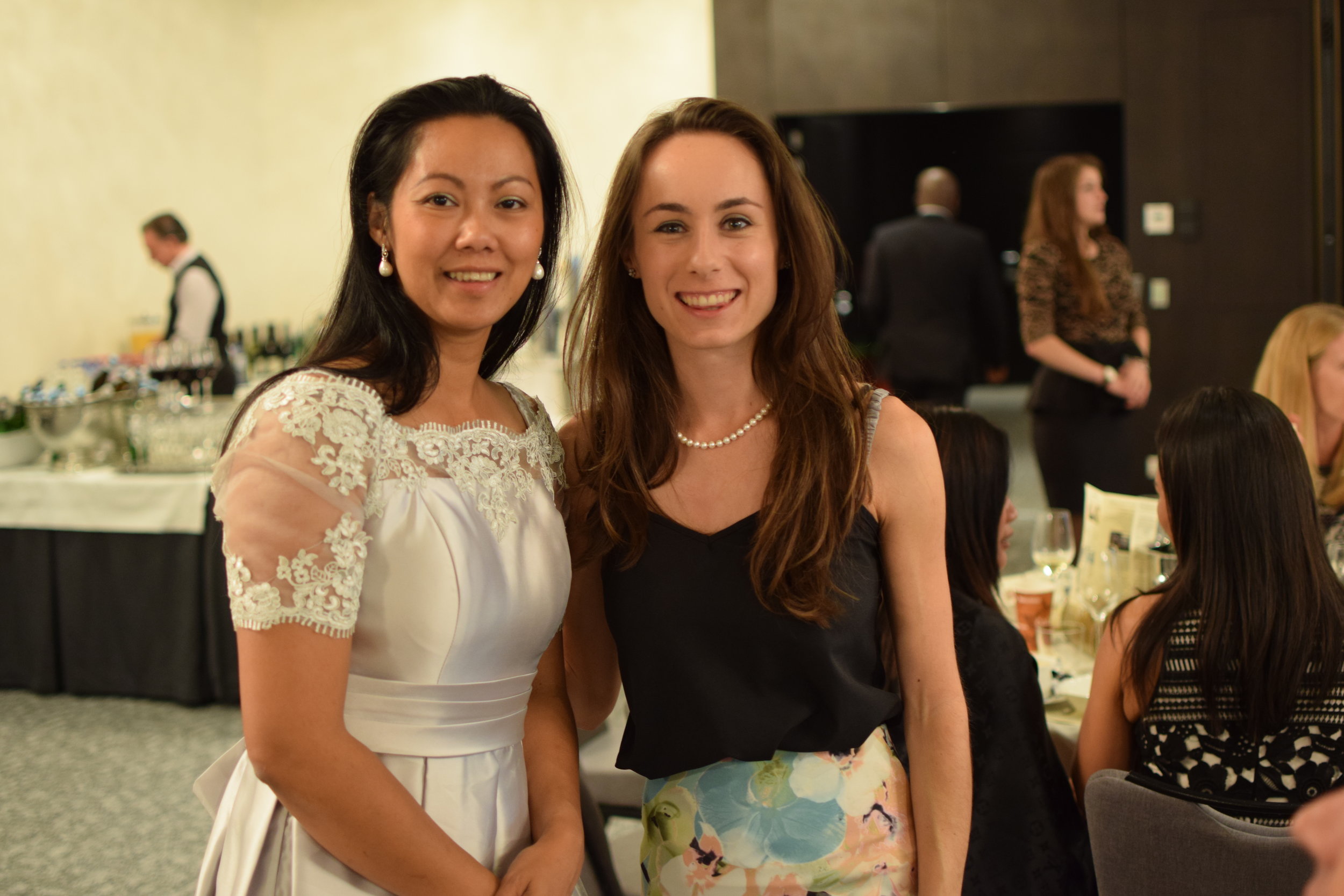
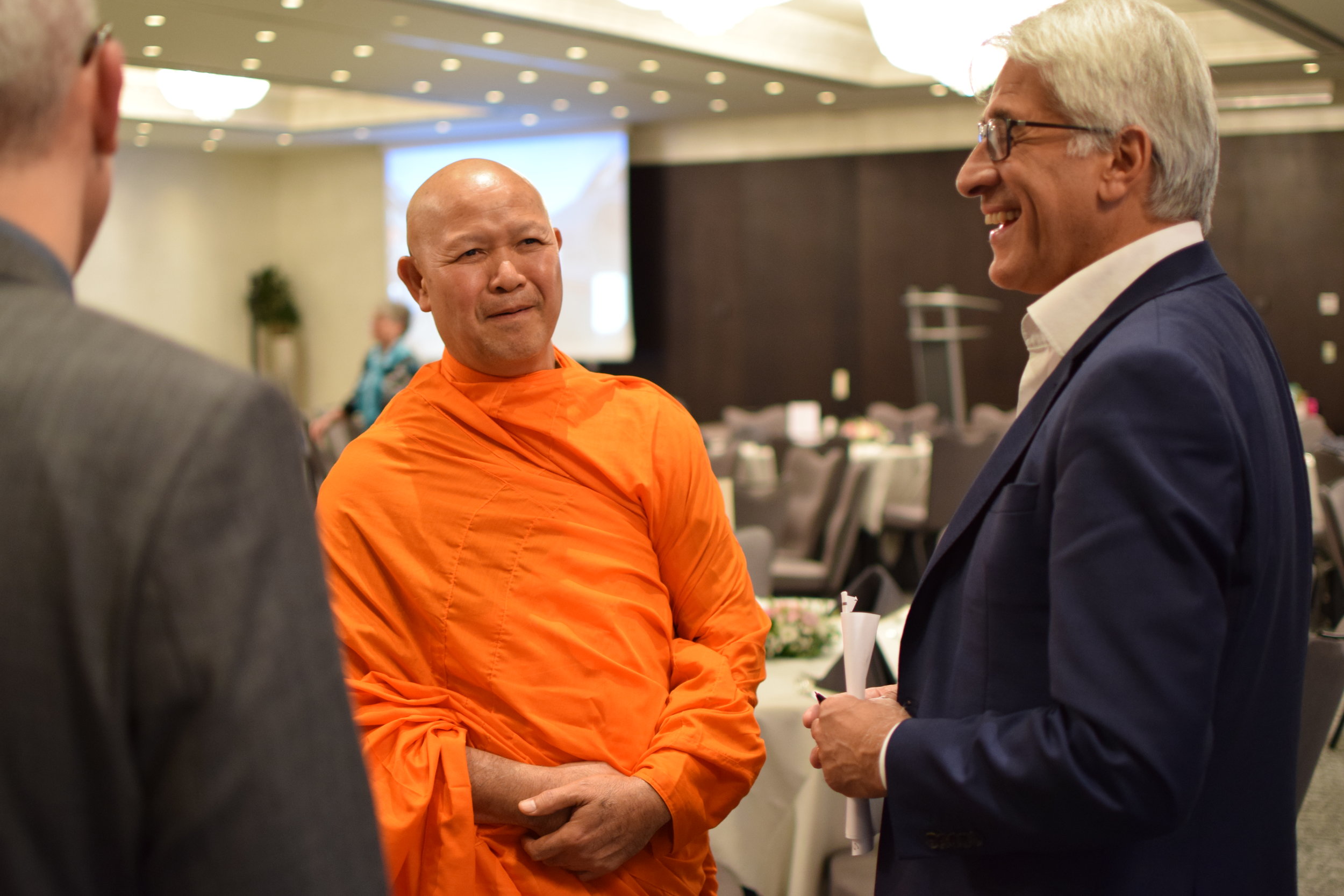
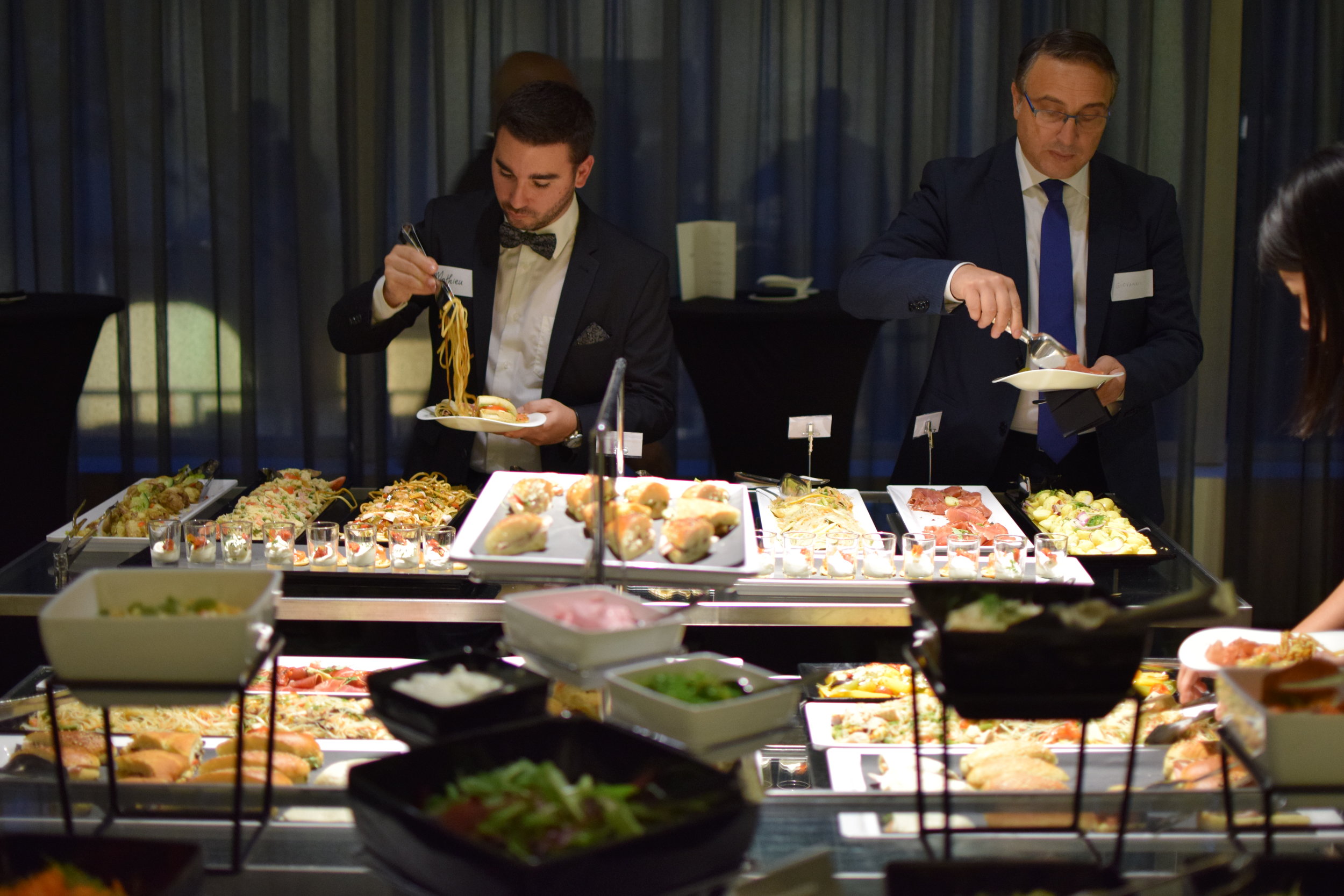
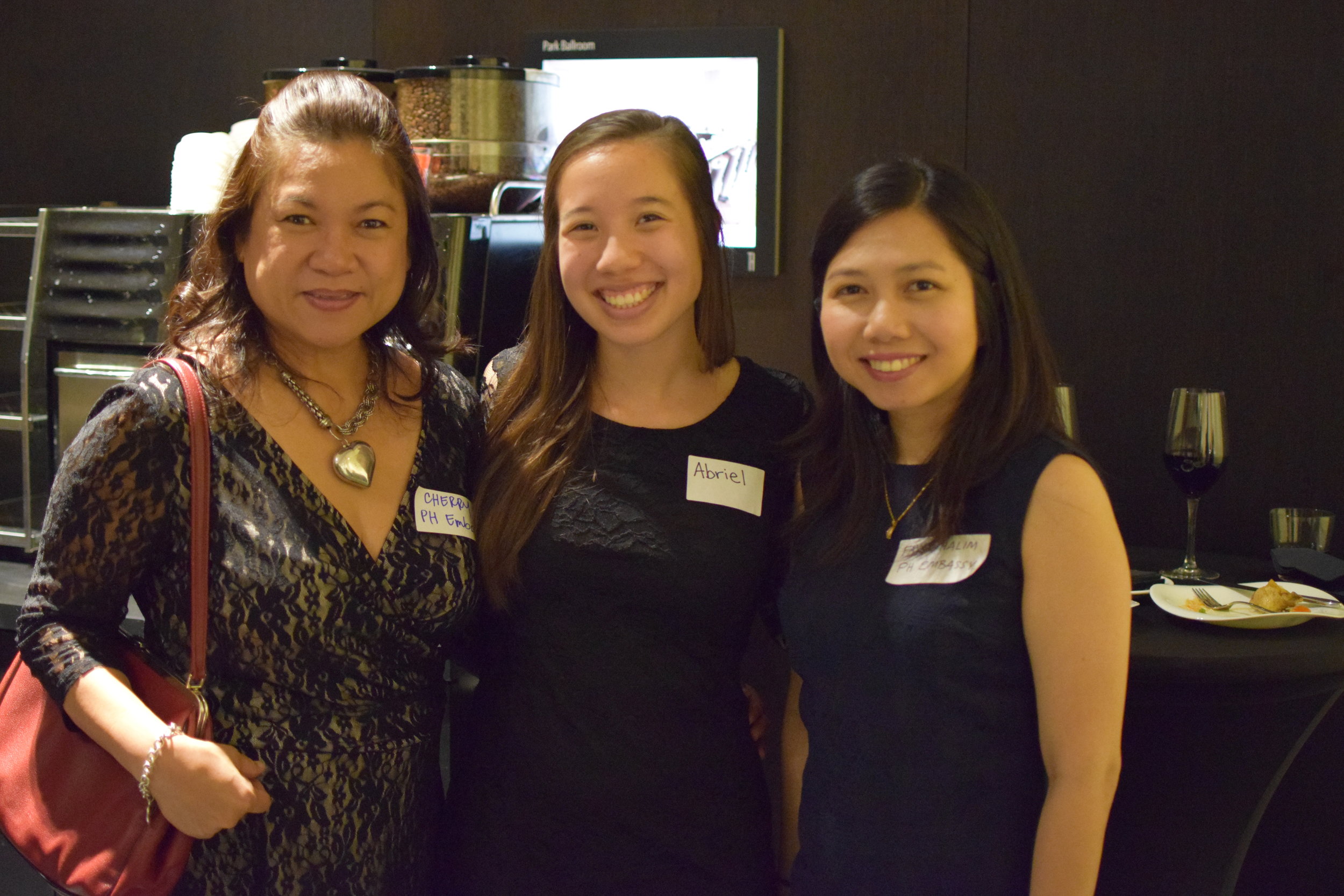

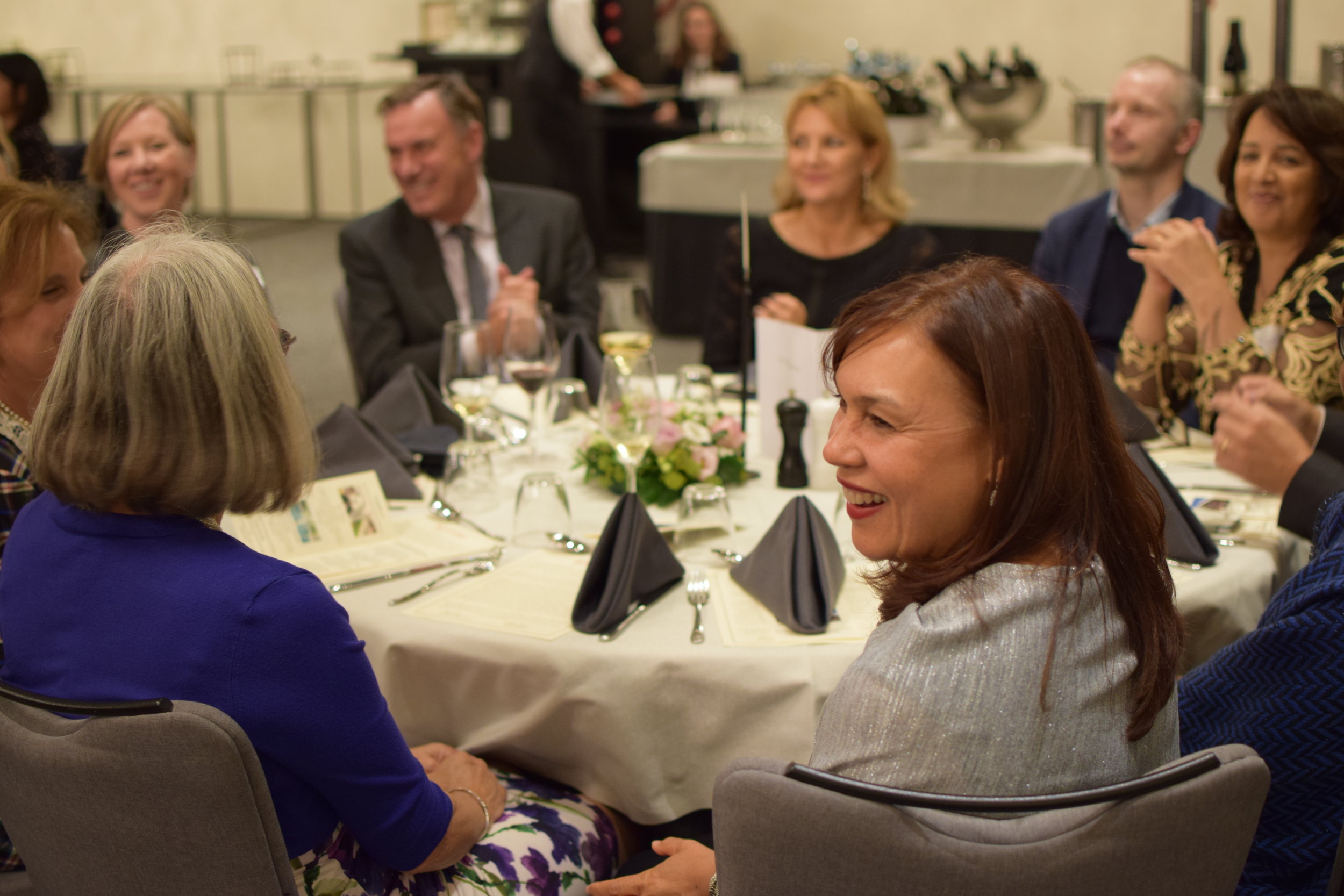
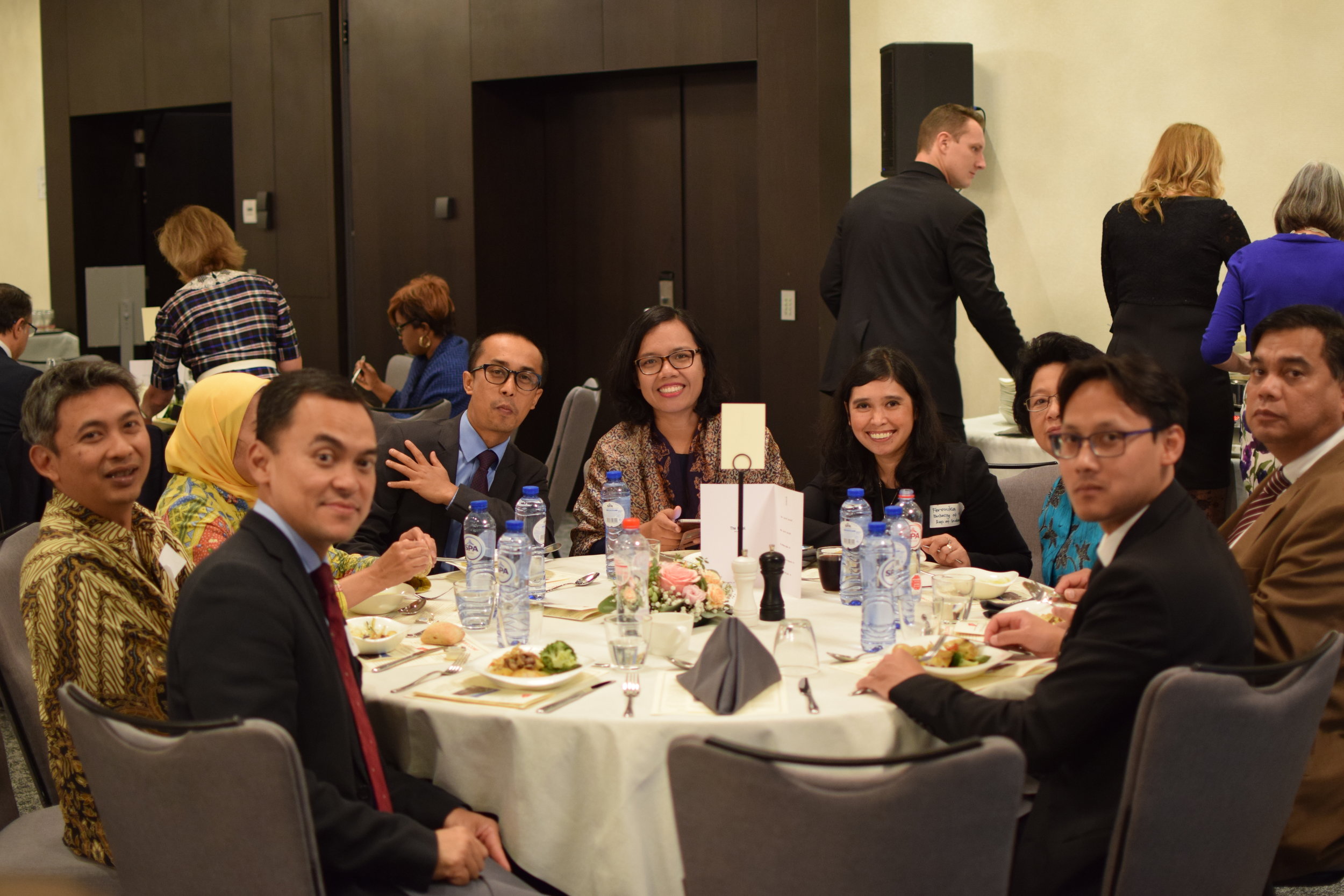
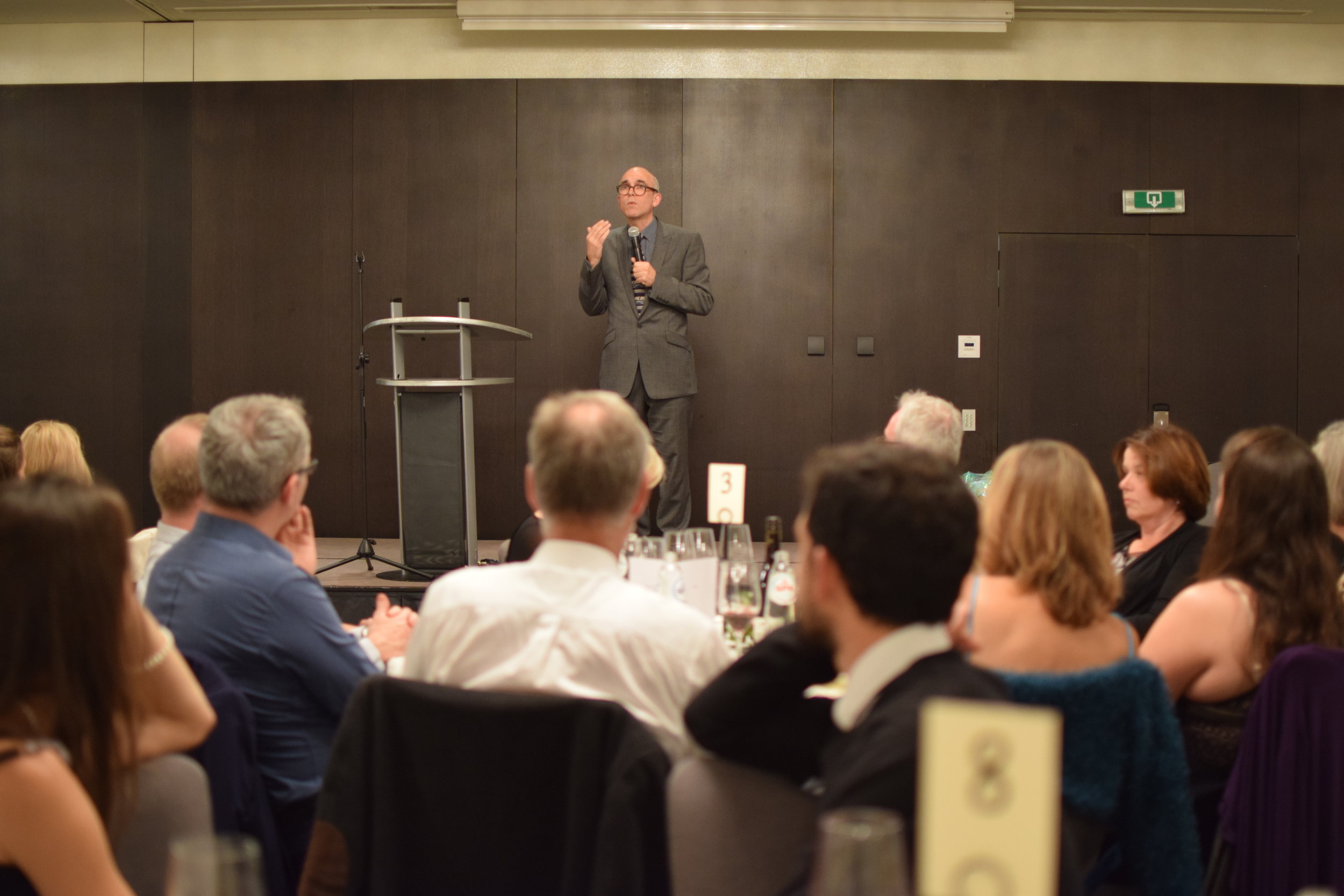
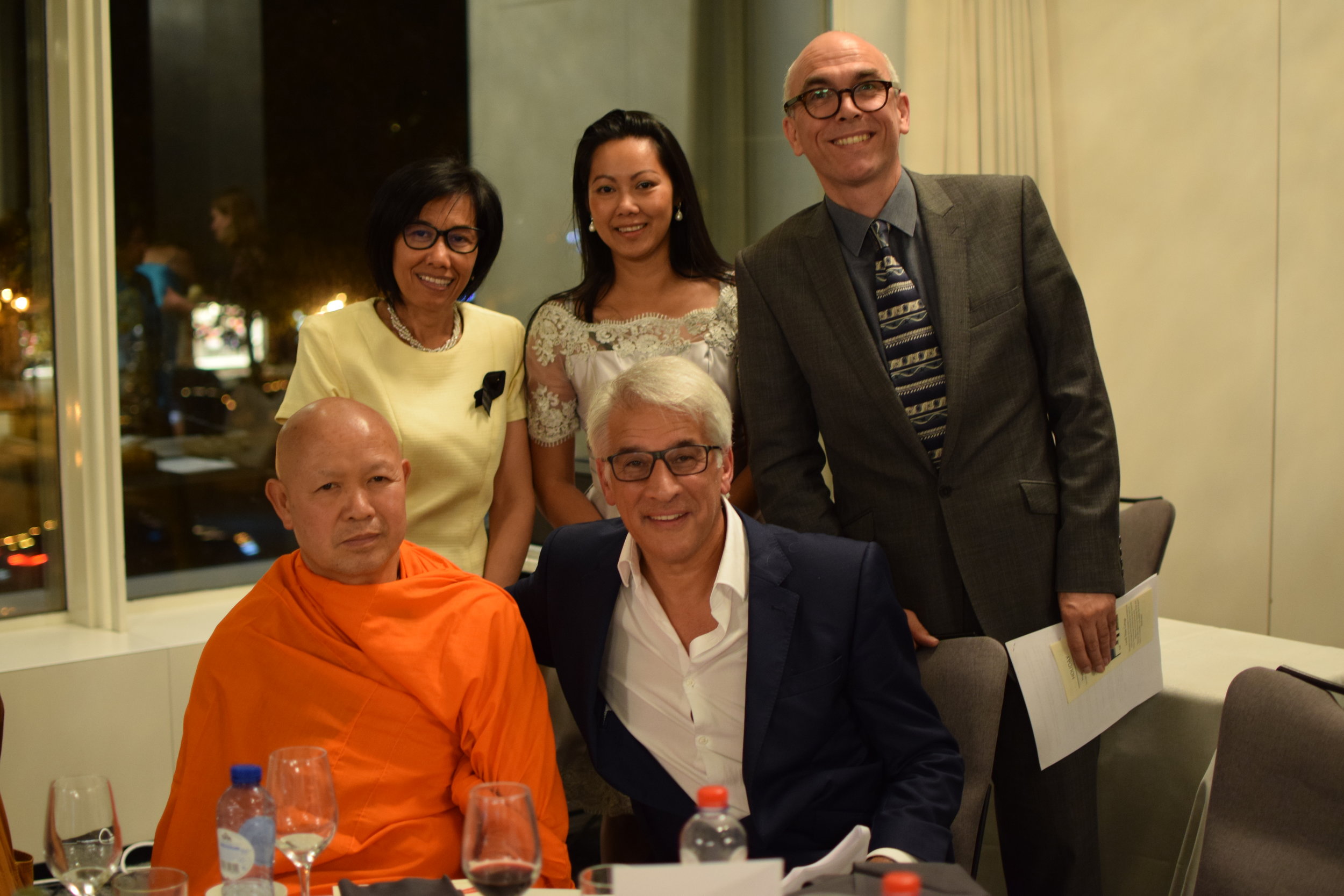

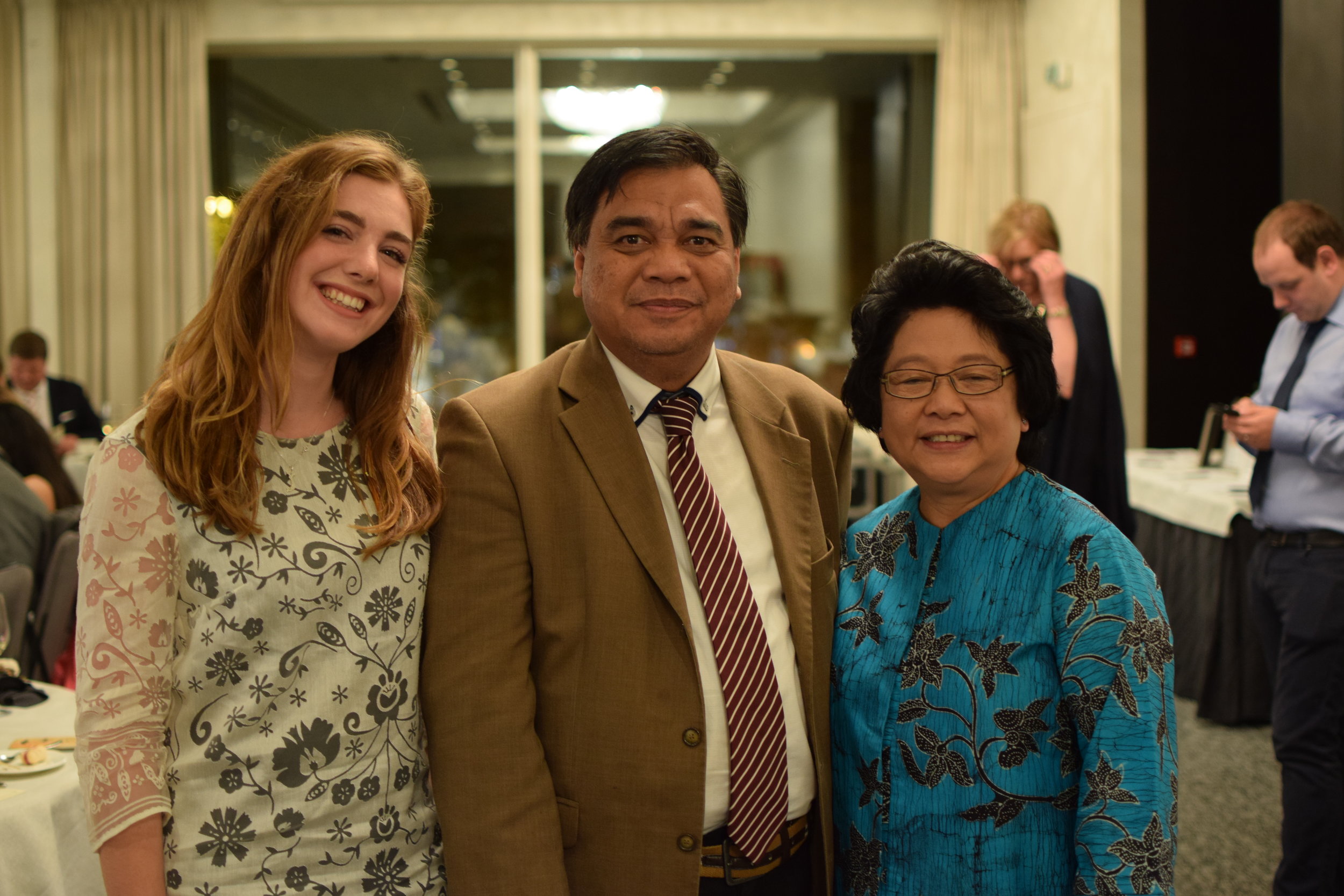

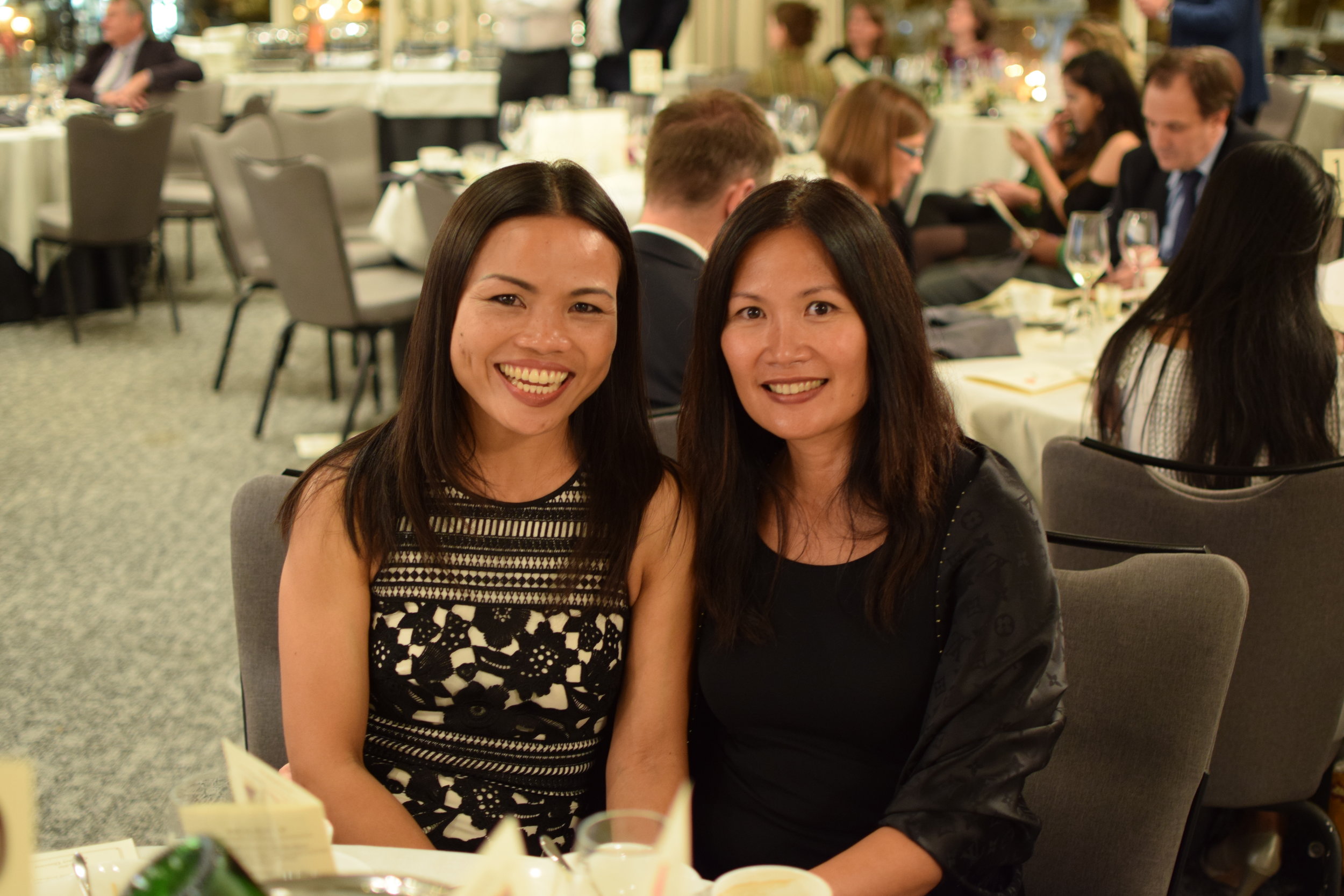
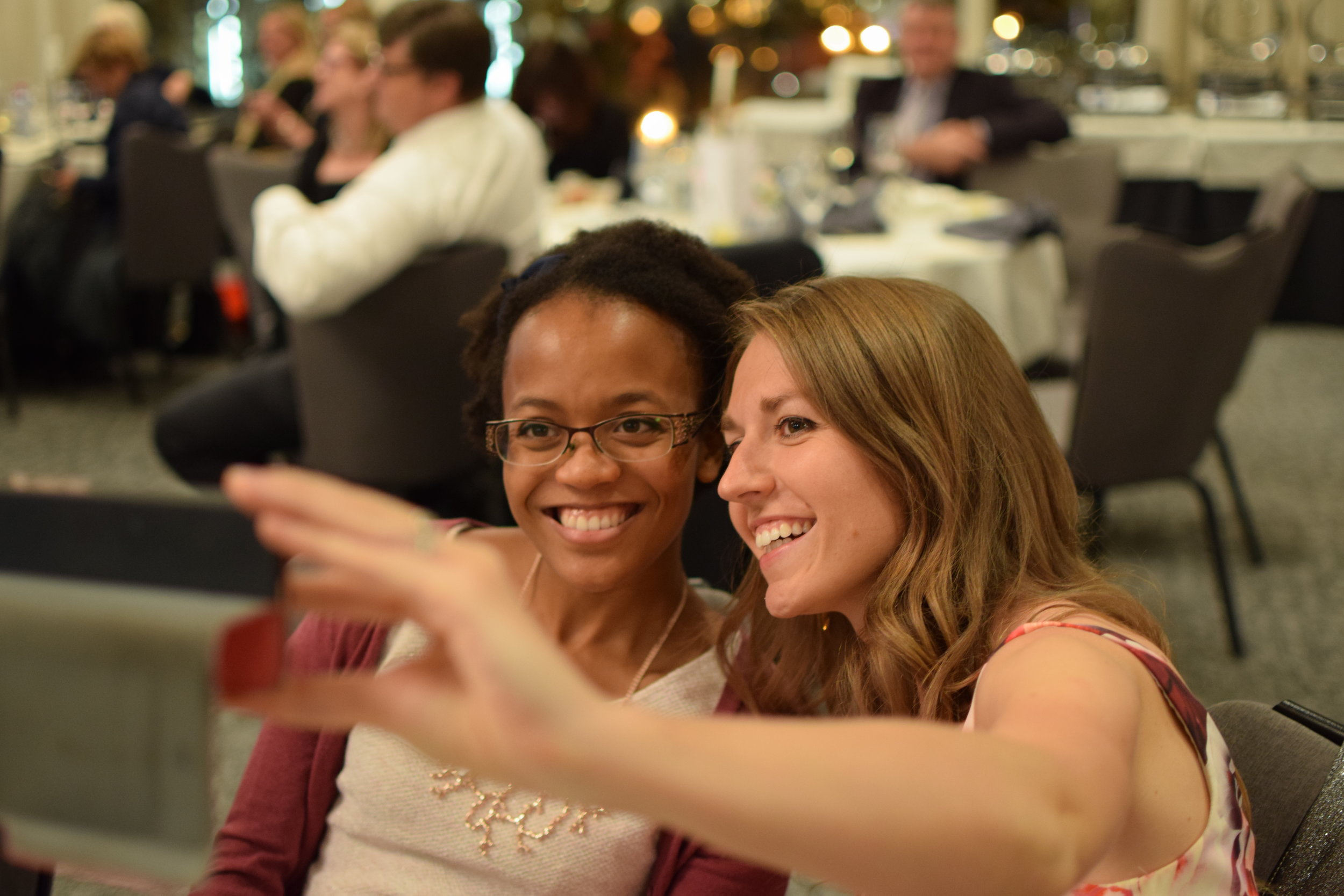
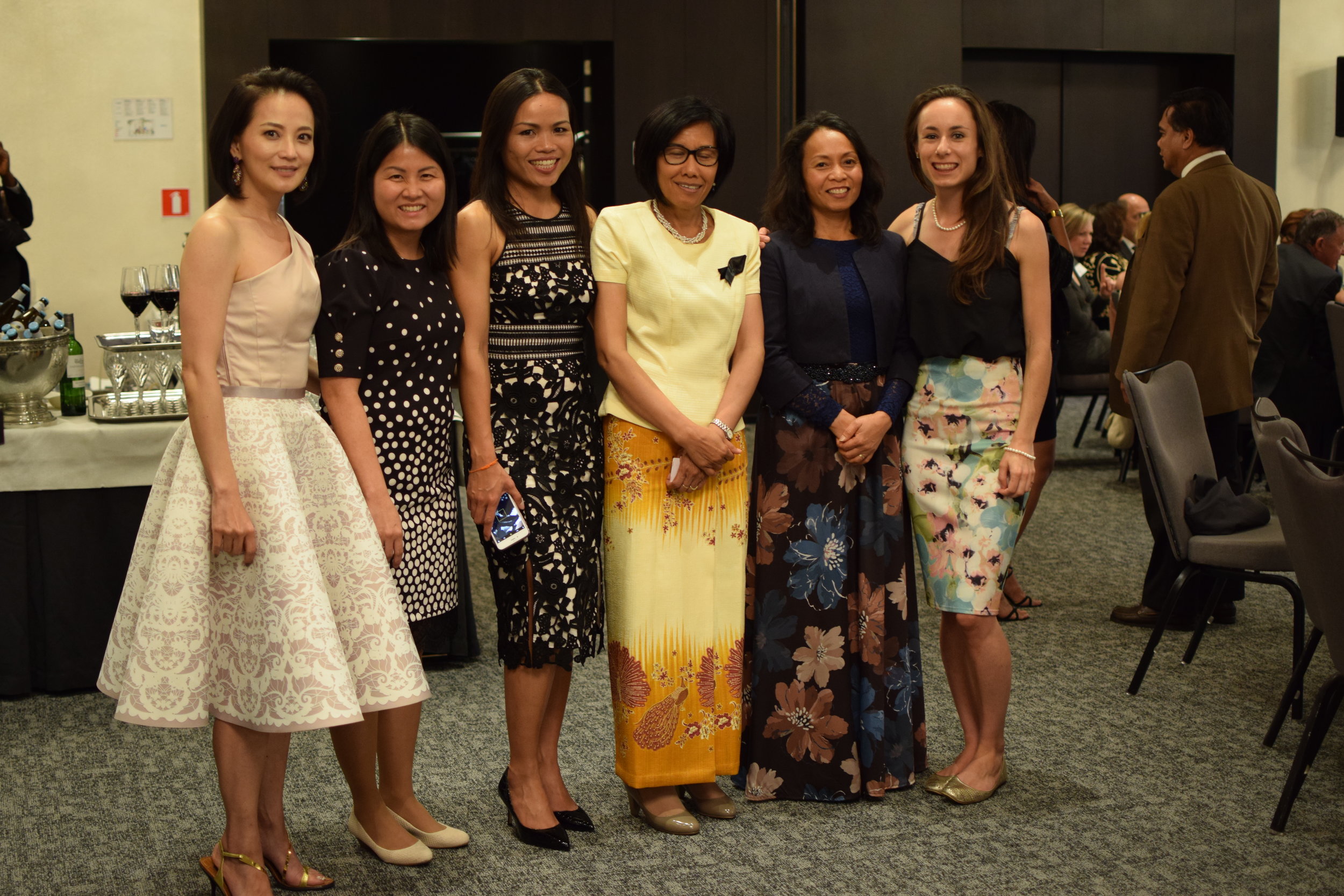
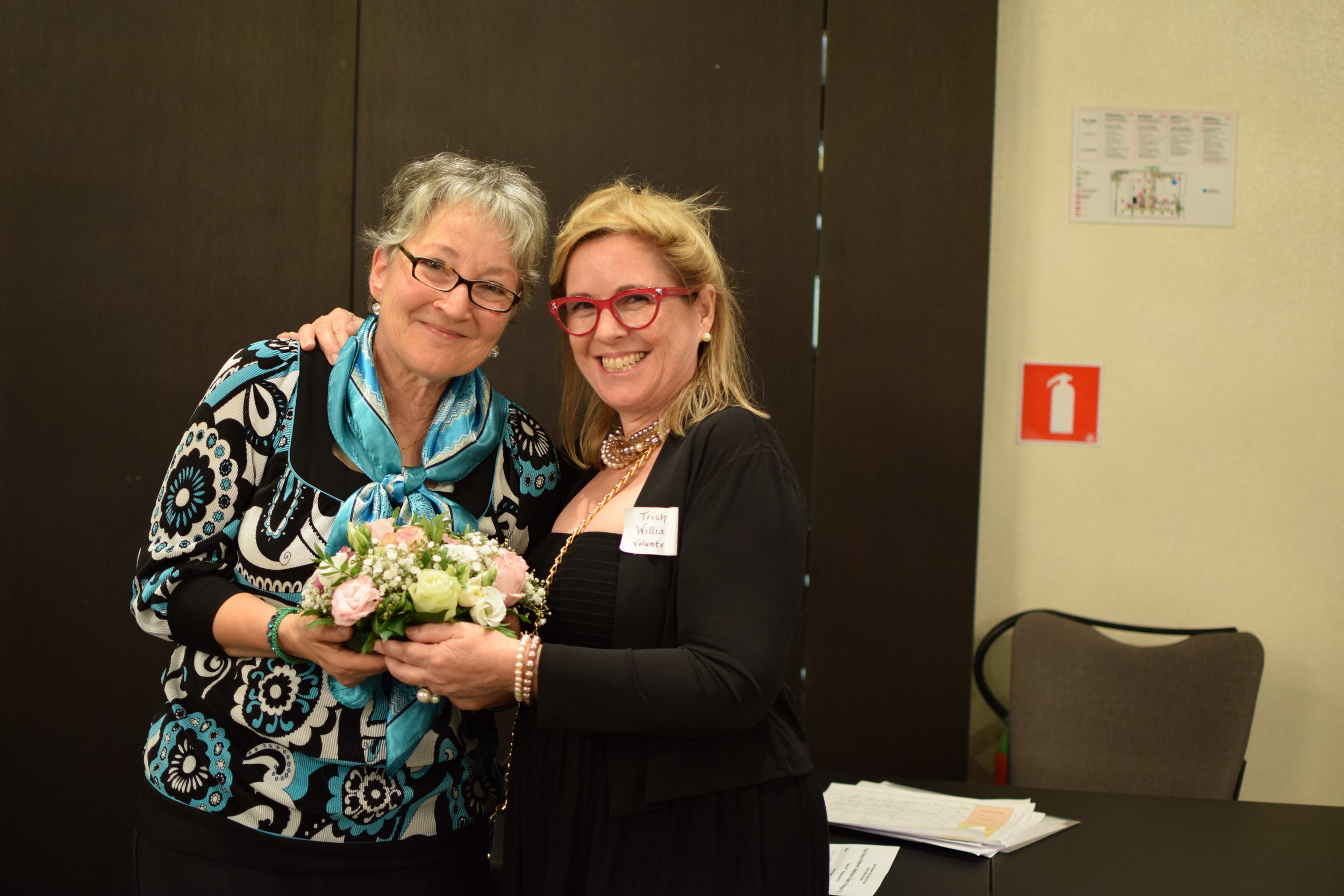
Oasis Belgium's 10th Anniversary Gala was held on September 22nd, 2017
who we are
Oasis began in 1985, in the UK, and now works in eleven countries in Africa, Asia, Europe, and North America. It employs over 5000 staff and volunteers, working in over 50 communities.
Inspired by the life, teaching, and example of Christ, the purpose of Oasis is to transform communities and to work with people who are excluded from community. In Belgium, that vision has lead us to run projects supporting the children of people without papers, helping them to stay in school, eat well and have stable accommodation whilst helping the parents to regularise their papers and find work. We also run a project that help women who have been trafficked to come out of exploitation, find community and employment. This project has also started to work with women experiencing domestic violence as a result of having immigrated to Belgium for marriage. For Oasis Belgium, the issue of excluded and lonely elderly people is also very important, so we have a project which helps to connect isolated elderly people to community.
We work hand in hand with local communities, embassies, churches, and other institutions to bring about long-lasting change in the lives of women, children, and elderly people in Belgium. Our goal is to offer compassion where hurt is rampant, and to bring community to places of loneliness.
You can find out more information about these projects and how to get involved on their individual pages or read our annual reports
“Compassion asks us to go where it hurts, to enter into the places of pain, to share in brokenness, fear, confusion, and anguish. Compassion challenges us to cry out with those in misery, to mourn with those who are lonely, to weep with those in tears. Compassion requires us to be weak with the weak, vulnerable with the vulnerable, and powerless with the powerless. Compassion means full immersion in the condition of being human.”
